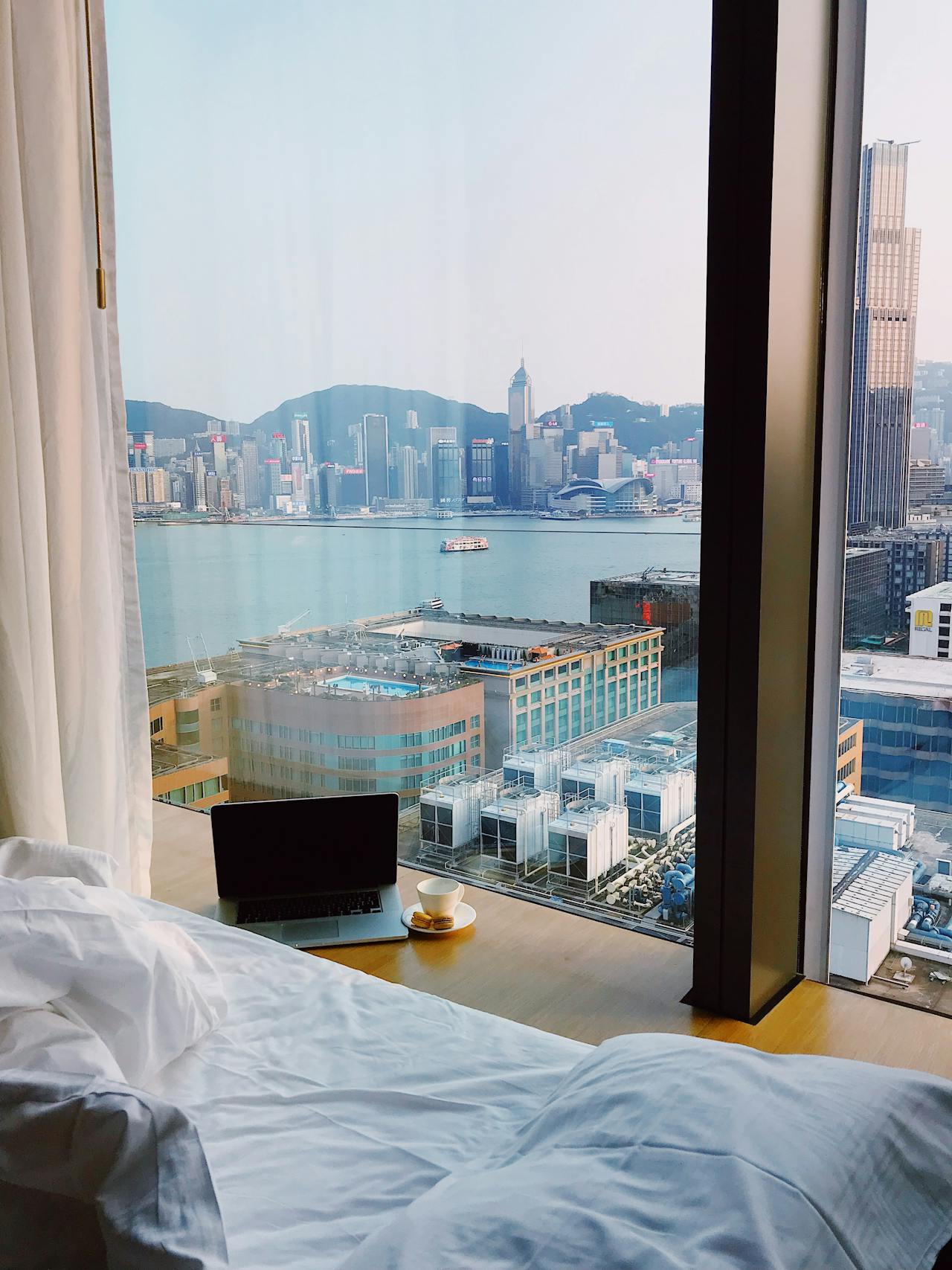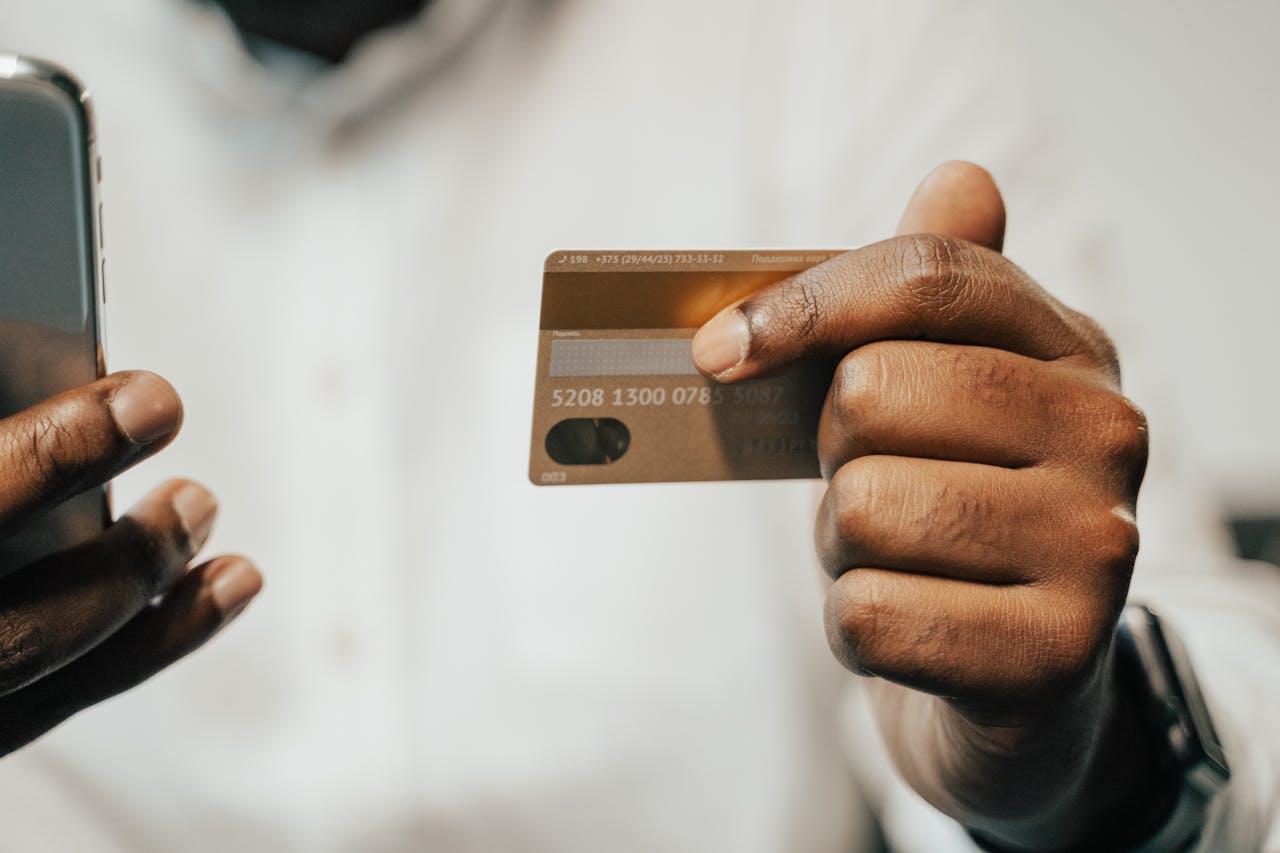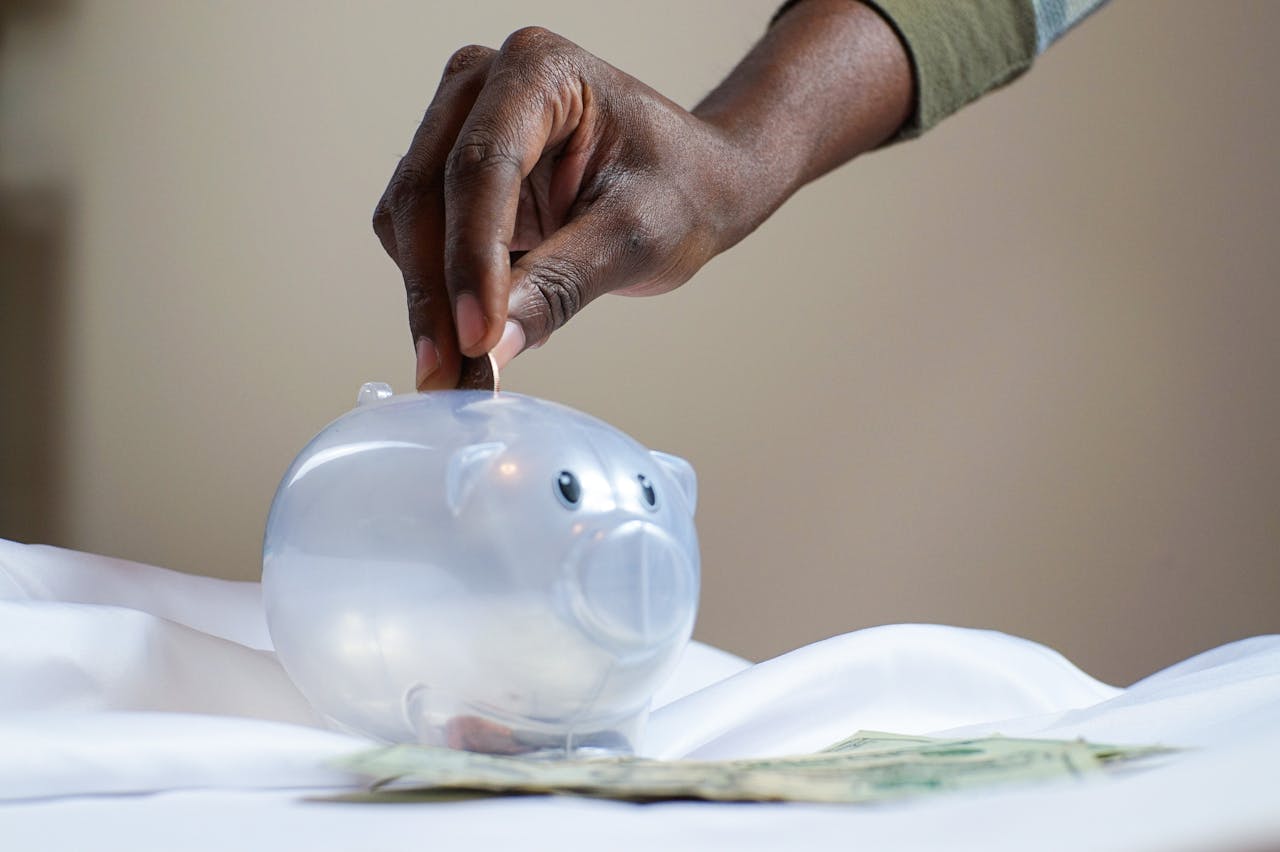Home Sweet Home: 10 Things to Know Before Renting Your First Apartment

A fashion and pop culture writer who watches a lot…
Moving into your first apartment is an exciting experience, but it’s a lot to think about, too. It’s not only a matter of finding a good-looking apartment, but rather finding one that’s in your budget, reading and knowing your lease, and having an idea of what to expect when moving in. As a first-time apartment renter, there are key things you must consider before you commit to a space.
As you prepare to sign your lease and officially make your new apartment your home, it’s important to focus on the practical aspects that will ensure a smooth transition. Beyond the excitement of decorating and personalizing your space, you’ll need to think about things like setting up utilities, understanding your responsibilities for maintenance, and knowing the rules and regulations of your building or complex.
It’s also helpful to familiarize yourself with common terms and clauses in a lease, such as rent due dates, security deposits, and the process for renewing or terminating the lease. By taking the time to address these details ahead of time, you can avoid unexpected surprises and create a positive living experience in your new home.
Here are 10 factors to consider before renting your first apartment…
#1. Can You Afford It?

Yes, that fabulous downtown apartment with windows that go from floor to ceiling is terrific, but can you actually pay for it? Sit down and calculate first. Don’t forget, rent isn’t your only expense—electricity, internet, food, and even your furniture can add up. As a general guideline, your rent will probably run about 30% of your monthly salary. If it’s a lot higher, then go back out and keep looking.
#2. The Lease Contract is More Important Than You Realise
Leases can be long and full of jargon, but don’t gloss them over. This contract will bind you for months, sometimes even a whole year or two. Look for key information such as how long the lease lasts, when payments have to be made, penalties for being late, and penalties for moving out early, before you rent an apartment. Don’t hesitate to query a paragraph that doesn’t sound correct—landlords don’t necessarily go out of their way to break down the complicated sections for you.
#3. What’s in the Rent?
Don’t assume rent covers everything until you’ve double-checked. Some apartments cover utilities like water and trash pickup, but none of them will cover all for you. Internet and cable? Probably not. Heat and air, as well—older buildings have older systems that will send your electric bill soaring during temperature extremes.
#4. Your Credit Rating Matters

If you are a first-time apartment renter, then you probably don’t realize that most landlords will review your credit rating. Having a poor rating can result in a larger security deposit, and even outright rejection in extreme cases. In case your credit isn’t perfect, try getting a co-signer (e.g., a parent, a guardian, etc.) to sign for you. Others will even accept a larger down payment in place of a perfect credit record.
#5. Location, Location, Location
That apartment can be lovely, but then again, have you considered the community? Do they have a grocery store nearby? How is the commute to work or school? Drop in at different times of the day and see if it feels comfortable for you. That same location can be peaceful at noon but a whole different universe at dusk.
#6. Know Your Roommate Arrangement
If you’re moving in with roommates, don’t expect things to just work out. Discuss cleaning, guests, and who’s going to pay for communal items such as toilet paper and dish soap. Money can become uncomfortable quickly, so have the conversation about how rent and bills will be divided before you sign anything.
#7. The Security Deposit Is Not an Additional Fee

Landlords usually make you pay a security deposit when you move in, but don’t count it as an additional expense—this is your money, and when you move out, it’s your property, assuming that you don’t trash the property, of course. Document your apartment when moving in, photographing any existing damage. That will be your record in case they try to make you pay for something that isn’t your fault.
#8. Maintenance and Repairs—Who’s Responsible?
Things break. Clogged pipes, malfunctioning appliances, etc. Before moving in, ask your landlord who will have them repaired if and when it will happen. Some will have them repaired right away, and some won’t move in a timely fashion. If minor maintenance (replacing a light fixture, for example, or unclogging a drain) will become your responsibility, make sure that is not an issue for you.
#9. Renters Insurance: A Smart Move
You might not view renters insurance as a necessity, but believe me, it can save your life. In the event of a fire, a break-in, or even a pipe explosion that destroys your property, renters insurance will cover it to have it replaced. It’s not that costly and will pay for a lot in the long run. That said, do you research, compare options online, and before you pick a policy, it is important to understand what is covered by renters insurance. Don’t overlook it, and you’ll be good.
#10. Trust Your Instincts

If something doesn’t sit with you, don’t brush it off. Perhaps your questions are being avoided by your landlord, or perhaps your new potential residence looks run down. Perhaps you don’t have a positive feeling about your new proposed location. Trust your gut instinct. Choosing a living arrangement is a significant one, and you don’t want to become trapped in a position that doesn’t sit with you.
Final Thoughts
Signing that apartment lease as a first-time renter is a big decision, and even with a lot of responsibility, it’s a new beginning. Do your homework, ask your questions, and make sure that you’re in a financial position, and you will be a lot better off enjoying your new digs with less stress. Have patience, have faith in the process, and in no time, you’ll be moving into your new residence.
Featured image: Ivanko_Brnjakovic/iStock
For the latest in fashion, lifestyle, and culture, follow us on Instagram @StyleRave_
—Read Also
A fashion and pop culture writer who watches a lot of TV in his spare time. At Style Rave, we aim to inspire our readers by providing engaging content to not just entertain but to inform and empower you as you ASPIRE to become more stylish, live smarter and be healthier. Follow us on Instagram @StyleRave_ ♥



